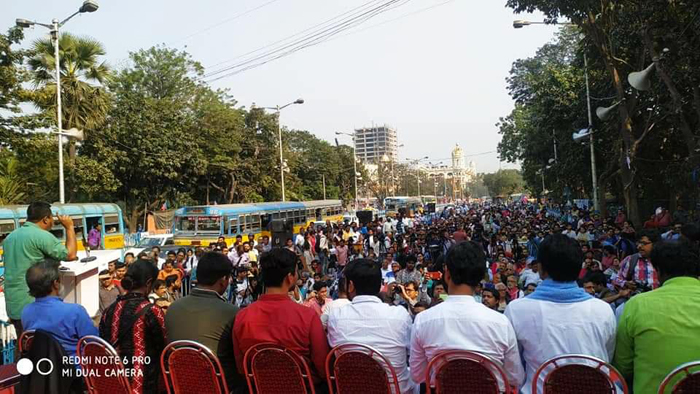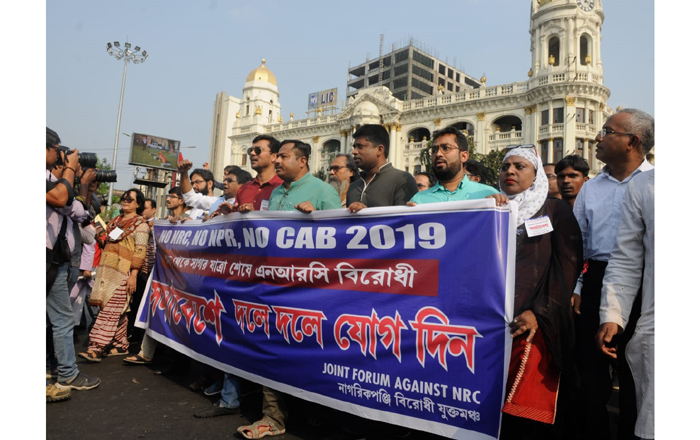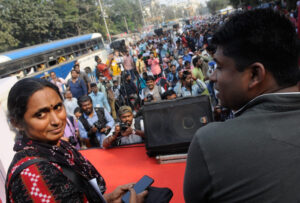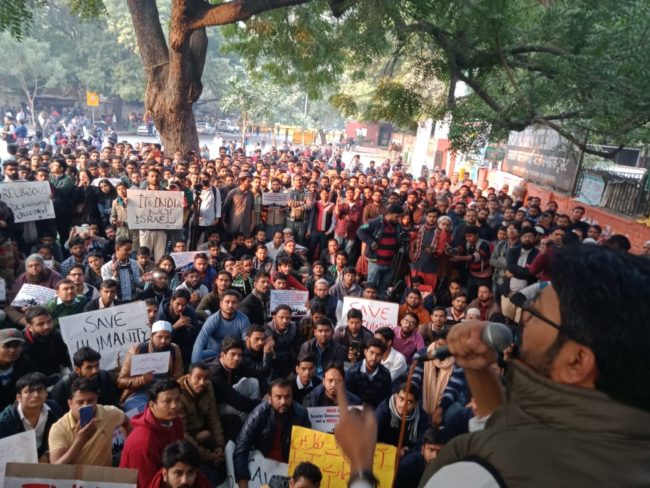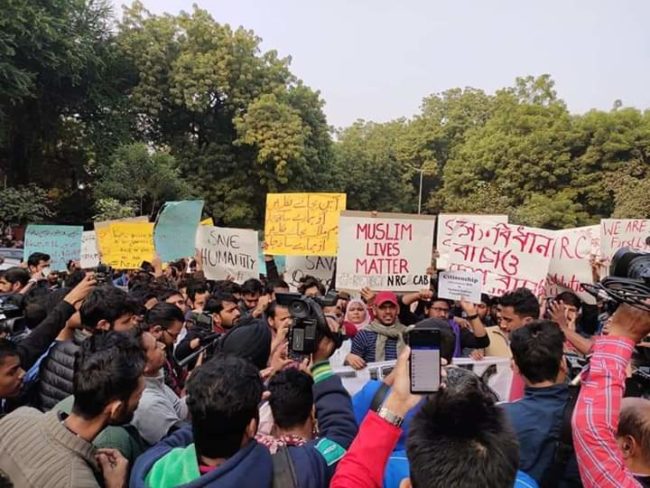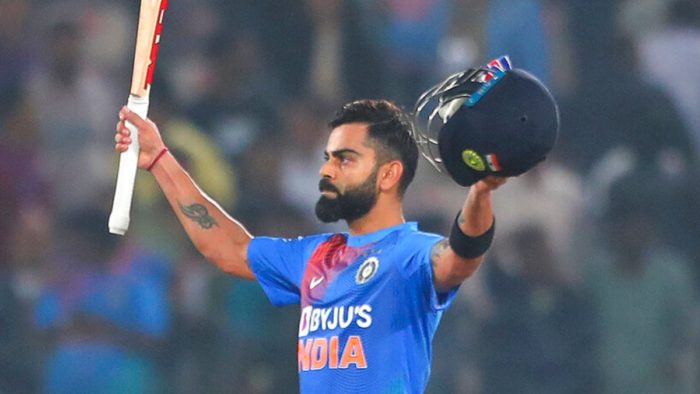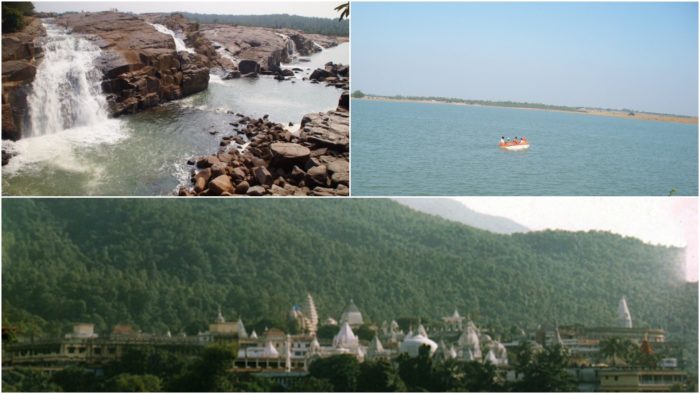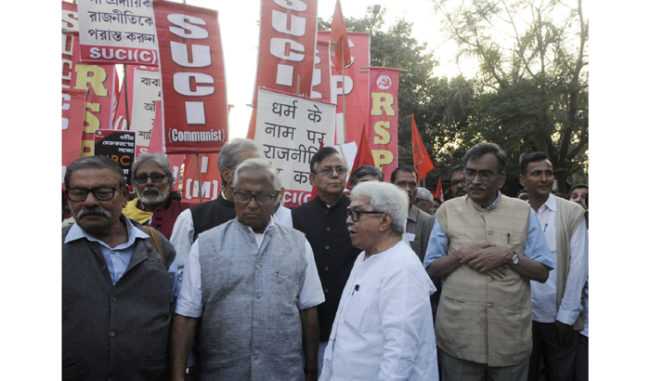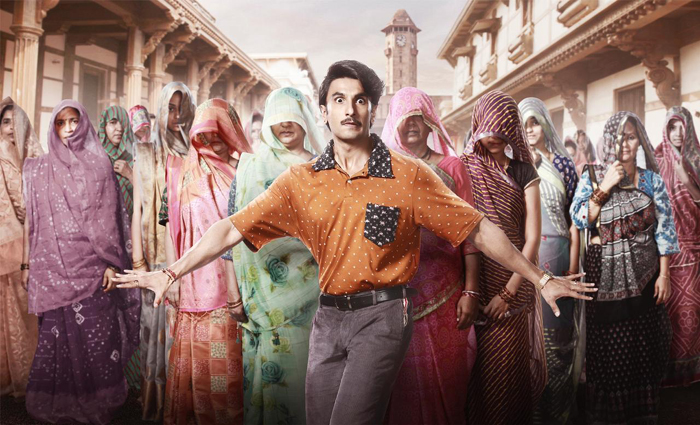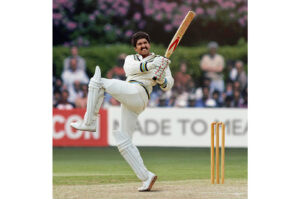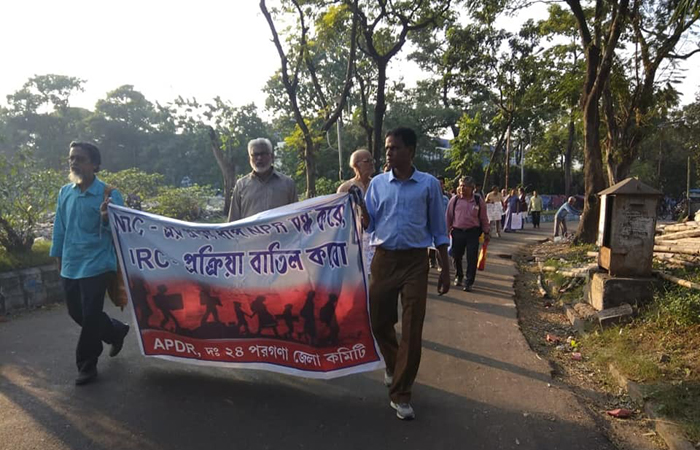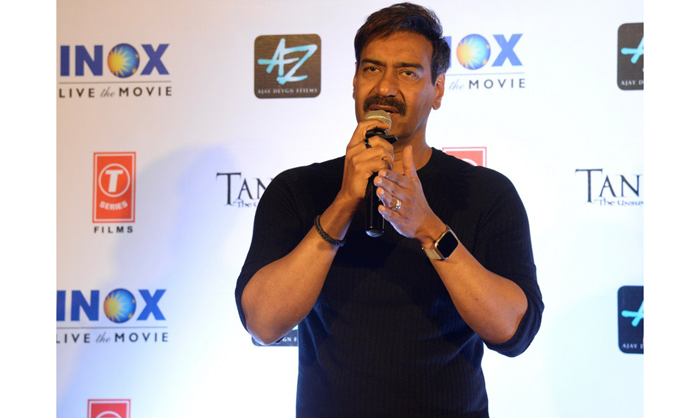Kolkata: Speaking at the public rally, former Jawaharlal Nehru University (JNU) student union president Kanhaiya Kumar said that NRC and CAB are nothing but a diversion tactic of the BJP-led central government.
“BJP had formed the union government, constitutionally, for the second time, but after coming to power they are not abiding by it. So, we the people of this country should disown this government. Prime Minister Narendra Modi had guaranteed us Achhe Din (good days) if voted to power but has completely failed. The complete economic breakdown and the growing unemployment is not much of a worry for the Modi government. But they are very keen on NRC, which is just a way to divide the country or create new history to divert attention,” reiterated Kumar.
Kumar also accused Narendra Modi and Union Home minister Amit Shah of treading upon the path set by Vinayak Damodar Savarkar and Muhammad Ali Jinnah. Urging the citizens to start ‘non-cooperation movement’ against the BJP government, Kanhaiya said that December 19 (death anniversary of freedom fighter and best friends Ashfaqullah Khan and Ram Prasad Bismil) to be celebrated as ‘Unity Day’ across India.
Secretary of the All India Progressive Women’s Association, Kavita Krishnan stated, “BJP is fooling people. Not just the Muslims, the BJP government is also playing with the sentiments of the Hindus. Everyone should take a stance and inform people across the country about the evils of the NRC and NPR.”
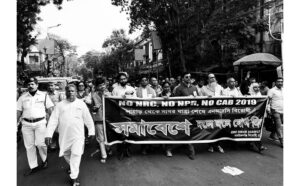
Krishnan also mentioned that the BJP government ahead of the Lok Sabha election had introduced election bonds where crème businessmen had used their black-money to purchase such bond.
Echoing similar view, Saswata Chatterjee, a former BJP supporter said that initially, he used to support the BJP hoping that the party would work for the uplift of the Hindu community but on seeing that the BJP is playing divisive politics for their benefits, Chatterjee now raises his voice against the BJP government and is likely to join the Joint Forum to fight the evil of NRC in Bengal and other states.
Forward Bloc leader Ali Imran Ramz (Victor) said that one side the TMC supremo is saying that she will not allow implementation in Bengal, on the other hand, she is giving NPR training to the state government officials.
“All the political parties play divisive politics. On August 4, 2005, Mamata Banerjee wanted to implement NRC and now she on playing a dubious role with the same. Banerjee went to meet Modi and Shah soon after CBI enquiry started against former top cop Rajeev Kumar. There she must have reached an understanding, which would be to oppose NRC but have NPR, the first step to NRC implemented in Bengal.”
He added, “Modi is trying to create India a Hindu Rashtra but not a single Hindu is safe under the BJP rule. 1127 Hindus were killed in encounter in Uttar Pradesh. On one side Modi government and Vishwa Hindu Parishad is trying to build Ram mandir on the other side thousands of Sita’s are being raped and victimised.”
Questioning BJP government, Joint Forum convenors Prasenjit Bose and Imtiaz Ahmed Molla asked the BJP government to clear their stand concerning the fate of people sent to detention camps.
“We will not leave Modi and Shah. We will take stock of every political party to identify the actual traitor. Modi and Shah will not find a place to hide. They are depriving the people of getting the basic amenities,” said Molla.
Molla also said, “It is in the constitution that if either of the parents is Indian, the children are Indian. In 2003 Vajpayee government said that only if both the parents are Indian then the children are Indian. It is not possible for people to get the birth documents of the great grandfather so what’s going to be our fate?”
He added, “BJP government cannot throw them out of the country illegally as those citizens are residing in India for decades and have also have voting rights and many of them might have even voted for the BJP.”
Sanghamitra Sen, a lawyer attending the mass meeting said, she is also fearing that the BJP government might throw their entire family out of the country, as her father’s paper are not in order.
“Several people detained in the detention camp have died without medical help. Now if we are also sent to detention camp don’t know how many families will die. Even if our identity cards and documents are in order but father’s and even grandfather’s birth certificates are missing, but that doesn’t mean that we are not Indian,” said Sen.


